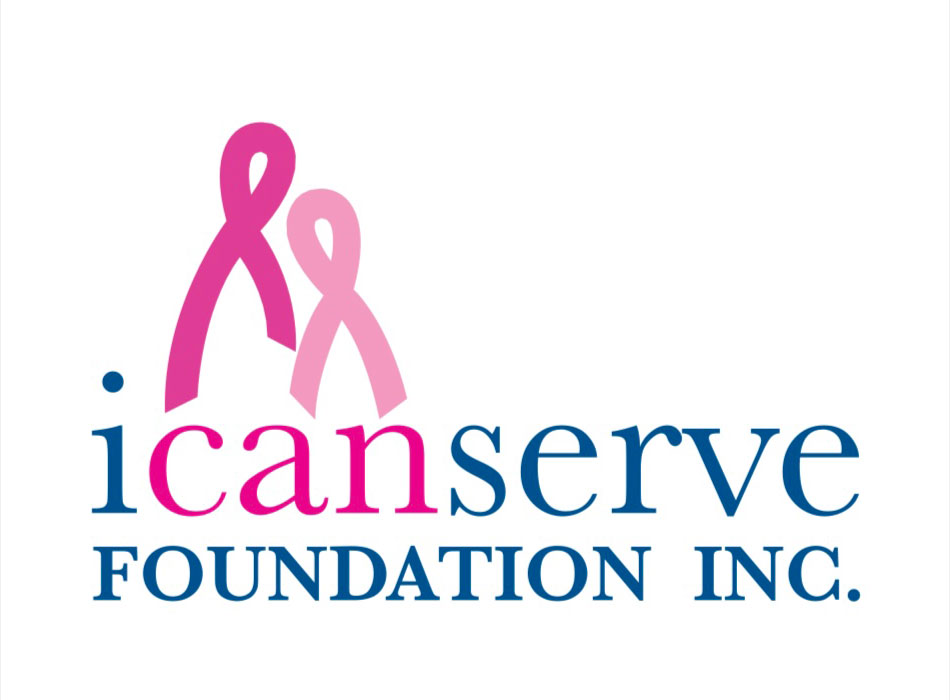
From left to right: (seated) Dr. James Wee, PPFI Vice Chairman; Noel Borlongan, PPFI President; Kara Alikpala, ICANSERVE Founding President; Atty. Nicka Hosaka, Grab Philippines Public Affairs Manager; Pierre Gaudreault, Pfizer Regional President, Emerging Asia; Martin Luchangco, Head, Grab for Business; Crisann Celdran, ICANSERVE Chairman. (standing) Marife Leon, ICANSERVE Executive Director; Myrna Guibao, ICANSERVE Patient Coordinator; Andro Cruz, Key Accounts Manager, Grab for Business; Dane Fajardo, Head of Client Success, Grab for Business; Geoffrey Garcia, PPFI Manager; Anna Mayor, PPFI Program Officer; Menchie Auste, member, Cancer Coalition of the Philippines; Dr. Mika Prasad, Pfizer Medical Manager; and Dr. Dennis Dioko, PPFI Trustee.
Severe traffic jams, extreme heat, rains and flooding. These are just some of the hazards that cancer patients experience whenever they take public transportation. Through the “CARe for Cancer” program, Pfizer Philippines Foundation, Inc. (PPFI) seeks to address this problem and ease the burden of travel for breast cancer patients who are undergoing treatment. The program, in partnership with Grab Philippines and ICanServe Foundation, Inc., will bring underprivileged patients to and from their treatment facility for free.
Breast cancer is the most common type of cancer affecting Filipino women. According to the Philippine Statistics Authority and the Department of Health, breast cancer comprises 30 percent of cancer cases among women. When a woman is diagnosed with breast cancer, the household budget needs to be reconfigured to take into account expenses surrounding the treatment of the patient. By providing the means of transportation for a patient and one companion, the issues surrounding transportation—the cost as well as the stress and distress the patient suffers—CARe for Cancer eliminates one worry for a cancer patient. In addition, the money she would otherwise spend on this item can be allocated for food, medicines, or other household expenses.
ICanServe, through its vast network in Metro Manila and nearby areas, will screen candidates for the program. The initial number of patient-beneficiaries is 50. This will cover transportation for a period of approximately six months—the typical time frame when breast cancer treatments and necessary doctor’s consultations occur.
Kara Magsanoc-Alikpala, founding president of ICanServe, notes the importance of access to transportation in the treatment of the disease: “This gesture may seem small to some but it can mean the world to a patient and her family. Making a patient feel loved and special gives them strength to fight on. This gives patients savings, more time to rest, heal and bond with loved ones.”
“Our motivation is for a healthier Philippines. This is our contribution to that. This is the pilot run so there will be birthing pains, but we will evaluate the program and later, we can expand it to include other cities in the Philippines, and even patients with other types of cancers,” said Geoffrey Garcia, manager of PPFI.
PPFI first worked with ICanServe in 2008 through a grant for Ating Dibdibin, a comprehensive, community-based breast cancer screening program. Since then, the program has been adopted by various cities in Metro Manila to change attitudes towards the disease and encourage early detection.
According to Nicka Hosaka, public affairs manager of Grab, this initiative is in line with Grab’s conviction to use tech for good as part of its social impact program, Grab for Good. “The role of Grab is to provide the transportation to and from the hospital for accredited patients who will be able to avail of that service.”
Martin Luchangco, head of Grab for Business, says: “As a tech company, Grab is committed to helping society and helping the marginalized. We’re very proud to be part of this initiative.”
Andres Riedel, country manager of Pfizer Philippines and chairman of PPFI lauds this brilliant idea. “This is a pilot and I’m hoping we will be able to expand it. We are really looking forward to making this program a successful one.”
Pierre Gaudreault, Pfizer Regional President for Emerging Asia agrees. “Our purpose at Pfizer is to bring innovations that change people’s lives. Partnerships like this using technology will really help change patients’ lives. This is certainly something that we can replicate in other Asian markets. We look forward to seeing patients smiling as they take their Grab rides.”
Grab first collaborated with ICanServe in 2015 for #GrabItBeatIt, a provocative breast cancer information campaign that ran across Southeast Asia. In the Philippines, Grab chose ICanServe as beneficiary of t-shirt sales that aimed to get women to examine their own breasts.
The new initiative, CARe for Cancer, starts service in November 2019.
